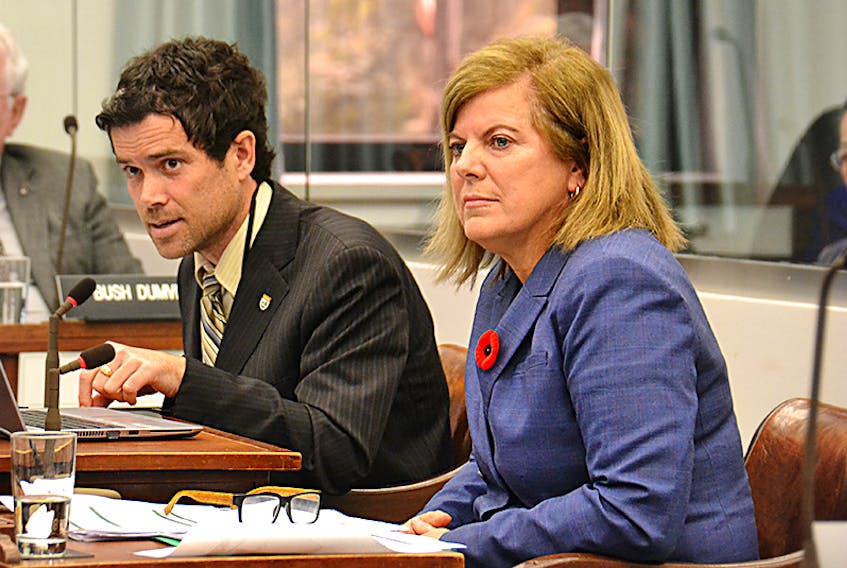The P.E.I. government is developing a long-term strategy aimed at planning future resources and policies on how to care for aging Islanders as their health starts to fail.
The seniors’ health and wellness strategy is on the docket for release next spring. It will include a plan for long-term care beds – how many are provincially subsidized and whether future beds will be added to public or private facilities, as well as how home care, restorative care and community supports can help relieve pressures in the system and support seniors’ health.
Andrew MacDougall, director of long-term care for Health P.E.I., told the Standing Committee on Health and Wellness Tuesday he does not believe adding more long-term care beds is the sole solution.
“Yes, if nothing changes we are going to have to add a bunch of beds, but we don’t think that’s what people are looking for.”
A number of working groups are currently working on the seniors’ health and wellness strategy.
But coming up with a demonstrated model to forecast the needs for a future continuum of care for P.E.I.’s aging population using a variety of community and government supports is no simple task.
“What we want to get away from is the short-term, knee-jerk (reactions) that tend to happen, for understandable reasons sometimes,” MacDougall said.
“We want to make sure we’re following very rigorous approaches and doing the best we can for seniors in a proactive way that envisions not just the needs of today, but what’s coming up for the future.”
Jamie MacDonald, CAO of long-term care and hospital services East for Health P.E.I., says the trend across the country when it comes to caring for aging populations is moving more toward primary care and home-based care.
“If you talk to a large majority of seniors they want to stay at home,” MacDonald said.
“That would require more emphasis on home-based care with those supports that are needed there, so that is part of what we’re looking at now as well as, if we had that, what would the bed-based care numbers look like?”
Meanwhile, the P.E.I. health system is struggling to cope with meeting the health needs the Island’s aging population. One major impact is on hospital services.
Currently, there are 72 patients in hospital beds across P.E.I. who should be in long-term care, awaiting an available bed. It costs $900 to $1,200 a day for hospital care compared to the $185 and $230 a day cost for long-term care. And while those seniors wait, their hospital beds are blocked from Islanders who may require alternate hospital care.
Liberal MLA Bush Dumville questioned why the province doesn’t send patients waiting for long-term beds to private nursing homes that have empty beds ready and waiting for the province approve new nursing care licenses.
MacDonald says this is one option being considered as part of the strategy.
“We are working with our geriatricians and a number of other people to look at what is the right solution or solutions,” she said.
“It is not just a long-term care problem, it’s a systemic problem.”
In the meantime, MacDougall says any bed-related developments are on hold pending the release of the strategy.









